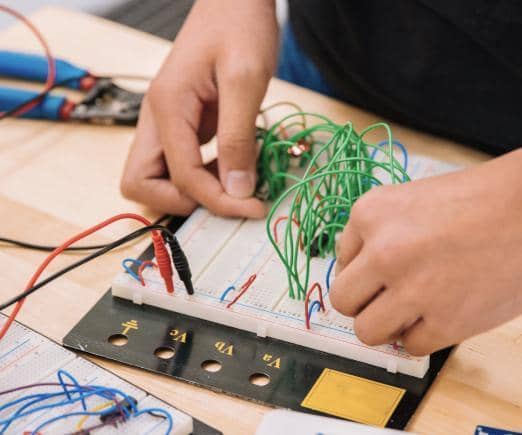Registrar’s Office: 0917 709 7985 • registrar@lpulaguna.edu.ph
Marketing and Admissions Office: (049) 502 8946 • 0919 321 4417 • 0917 709 7998 • admissions@lpulaguna.edu.ph
Treasury Office: treasury@lpulaguna.edu.ph
High School Department: lpulhs@lpulaguna.edu.ph
Address: Km. 54 National Highway, Brgy Makiling, Calamba City, 4027 Laguna


